
Bedwetting or enuresis is commonly seen to happen at night (nocturnal enuresis). Doctors describe this condition as unintentional urination during sleep and this is why they often refer to this condition as urinary incontinence.
Most children learn how to control the bladder by the age of 4, while younger kids usually do not have control over their urination. Very frequently, kids learn to control the peeing first during the day and after that, during the night. However, keep in mind that not every child is the same and he or she might need more time to learn to control urination.
How Common is Enuresis?
Enuresis is an extremely common condition, especially among young boys. It also depends on the development and maturity of the child, as well his or her physical and emotional health. Some diseases and physical or mental abuse may be contributing factors to bedwetting.
Just in the United States (US), there are 5 to 7 million of children suffering from this condition. Usually, they grow out of it, but this problem can still exist in adult people. In 5-year-old kids there are usually 16% of them having problems with enuresis, but as they grow older this percent decreases significantly. In people over 15 years of age there are just 1 to 2% of them who, for some reason, cannot control their bladder.
Symptoms of Bedwetting
In 80% of all bedwetting cases, this happens only during the night and these patients commonly do not have any other symptoms or medical problems than that. If patients do experience certain signs and symptoms beside enuresis, it might indicate underlying health issues, such as kidney problems, disorders of the nervous system or some psychological factors which led to bedwetting.
Because of that, it is important to monitor people suffering from enuresis and advise them to visit the doctor if they have symptoms such as urgency, frequency, burning or any other unusual symptoms during urination. Adults usually urinate 3 or 4 times per day and anything more than that can be considered as frequent urination.
Changes in urine color to cloudy or pinkish, as well as blood in urine should also be reported to the doctor. Fecal incontinence, constipation and wetting during the day are also things to be careful about and what should be discussed with medical professionals. For kids, it is not unusual to experience constipation or fecal impaction, but these conditions may be more significant in adult patients.




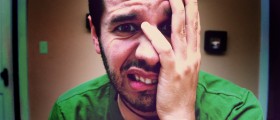
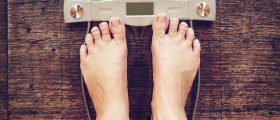

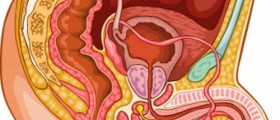




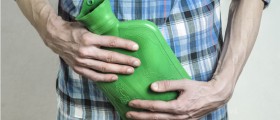


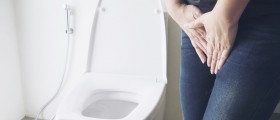

Your thoughts on this
Loading...